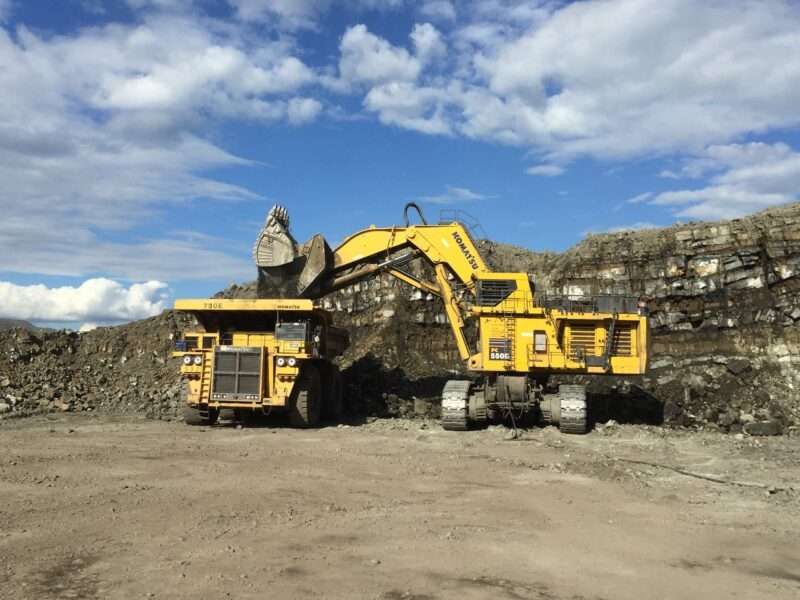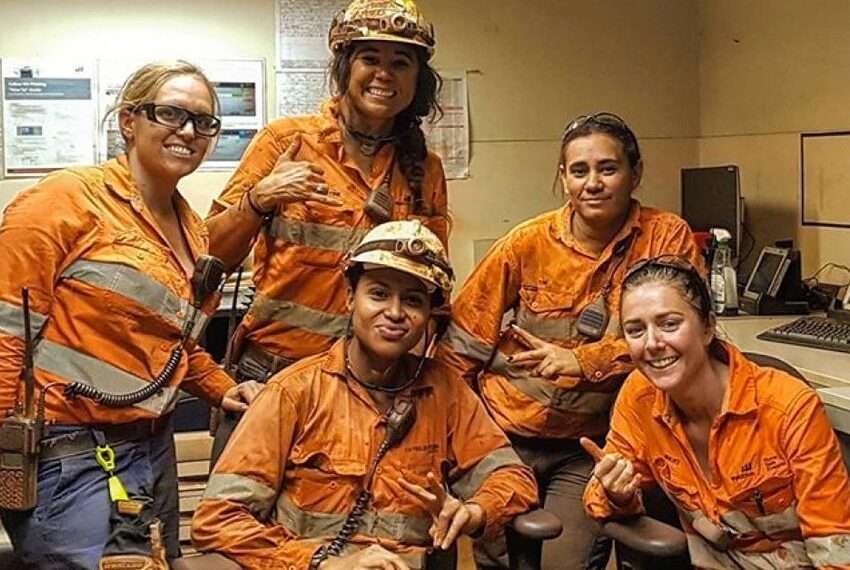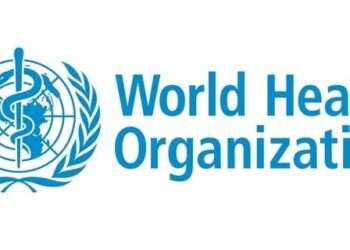Women working across the resource industry still face challenges, around bullying, discrimination and inequitable treatment, a new report by the Australian Institute of Mining and Metallurgy (AusIMM) shows.
The report, which is based on the survey responses of 550 people had 85 per cent of female respondents saying gender inequality is common in the mining industry, while 70 per cent said bullying is common. Around 67 per cent said sexual harassment is common in the mining industry, representing more than double the proportion of male respondents.
“Some of the findings are confronting. They reflect an industry where many do not feel safe to go to work and are not getting the support they need to advance,” AusIMM CEO Stephen Durkin said in a press statement.
With regards to the experiences of women working on-site, the survey results showed that women in fly-in, fly-out and drive-in, drive-out roles are more likely to rate workplace inclusion as poor compared to the survey average (41% compared to 28%). Women in these roles are also more likely to rate workplace diversity as poor, at 41 per cent compared to 34 per cent in the survey average.
“We need to mobilize and equip resources professionals to actively prevent harmful and discriminatory behaviour wherever they see it. That is the power of a professional community such as ours.
“The leadership of communities such as AusIMM’s Women in Mining Networks, and programs such as the Women on Boards Scholarship and National Mentoring Program, are vital in this respect.”
Stephen Durkin

Rio Tinto Finds Similar Negative Results
Rio Tinto, in a report released in February 2022, established similar results. The report unveiled the culture of “systemic” bullying, sexual harassment and racism within the ranks of the organisation.
The report, which covered a five-year period and based on a survey answered by about 10,000 Rio Tinto employees, shows that almost 30 per cent of women and 7 per cent of men said they had been sexually harassed at work. Of those people, 21 female workers also reported cases of actual or attempted rape or sexual assault.
Nearly half of all employees who responded to an external review of the miner’s workplace culture commissioned by Rio said they had been bullied.
Racism was a “significant challenge” for employees at many locations. People working in a foreign country experienced high rates of racism while nearly 40 per cent of men who identify as Aboriginal or Torres Strait Islander in Australia had experienced racism.
While AusIMM’s survey results showed tendencies of a negative happenings, they did not only reflect an all-gloomy picture. On the areas of equity, diversity and inclusion, the snapshot data does contain positive news, though it does not indicate an end in itself.
According to the survey, 85 per cent of female respondents are earning more than the average Australian female salary and close to 63 per cent are in senior or lead professional roles. This represented an increase of 6 per cent compared to the results from 2021. The study also revealed what drives women to enter the resource sector and stay in it.
Asked to indicate what they most value in their careers, female respondents emphasized the satisfaction that comes with interesting, technically complex and fulfilling work.
READ ALSO: Dubai Expo 2020: Ghana Is Ready For Business- President Akufo-Addo























